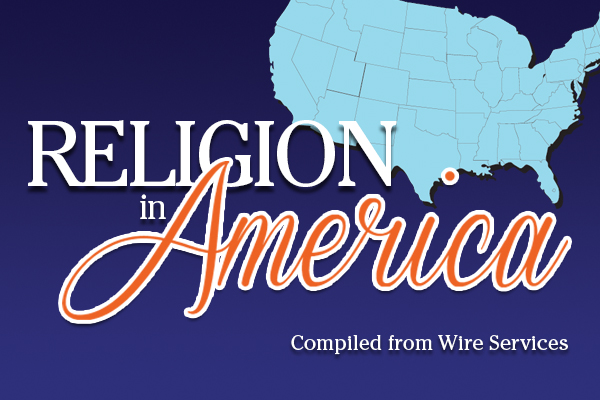William and Lyra Hoeft of Florida say they want a president who will “hold our borders” and protect national security.
Joe Guarino of Illinois wants someone who will tackle health care.
And Jonathan Bell of Arkansas, a recent home-school graduate, says education tops his list.
They all agree on one thing: They’re looking for a candidate who can win the White House. Where these evangelicals split is on which issues will be able to move voters out of the pews and into the polls.
Picking a candidate has been hard enough, evangelical political activists say. But it’s gotten harder, because their big unifying issues — abortion and gay “marriage” — are competing with bread-and-butter issues like the economy, education and immigration.
“When evangelicals get up in the morning, they have the same concerns that everybody else has,” said Dr. Randy Brinson, 50, chairman of Redeem the Vote, an Alabama-based organization that aims to motivate young evangelical voters.
“Can I buy gas? Can I afford groceries? Can I afford my kids’ education? Am I safe?”
While the rank and file may have a broad portfolio of issues shaping their votes, more senior leaders of the evangelical movement still know how to fire up the crowd with threats of abortion and gay “marriage.”
Focus on the Family founder James Dobson did just that Oct. 20 during the Values Voter Summit in Washington, bringing hundreds of evangelicals to their feet with his promise that “we will not turn our backs on 45 million unborn children whose blood calls out to us.” Noting that he was speaking for himself, not any organization, Dobson also called for traditional marriage not to be thrown “on the ash heap of history.”
Donald Wildmon, chairman of the Mississippi-based American Family Association, said conservative Christians may be more public about their interests in a range of issues but abortion and gay “marriage” are “just the two top issues.”
Newer generations of evangelicals, on the other hand, refuse to be pinned down to just one or two. Though abortion and “same-sex ‘marriage’” topped a straw poll question on the main issue of values voters, some participants skipped that question altogether.
Pamela Agava, 23, an executive assistant at the Maryland-based High Impact Leadership Coalition, said, “To be hard-line on only one or two issues, I don’t think that’s possible for my generation.”
Agava, whose coalition seeks to bridge gaps and build alliances between black and white evangelicals, said, “We really have to decide on the total package and not be caught up in three issues of ‘yes/no’ or ‘either/or.’”
William Hoeft, a retired Air Force lieutenant colonel, said, “The social issues, the national security issues and the economic security issues are the three-legged stool that [my wife and I] will use to assess the full credentials of whoever we vote for.”
Some summit attendees remain undecided but say they are looking beyond abortion to determine their ballot choice.
“I hope … that we don’t keep our focus so much on that issue that we ignore some of the other important issues,” said Mike Blakeslee, 66, of Washington state.
The retired insurance company employee cited border issues among his chief concerns.
“I think sometimes we shoot ourselves in the foot when … our focus is so narrow that we don’t see the broad picture.”





Share with others: